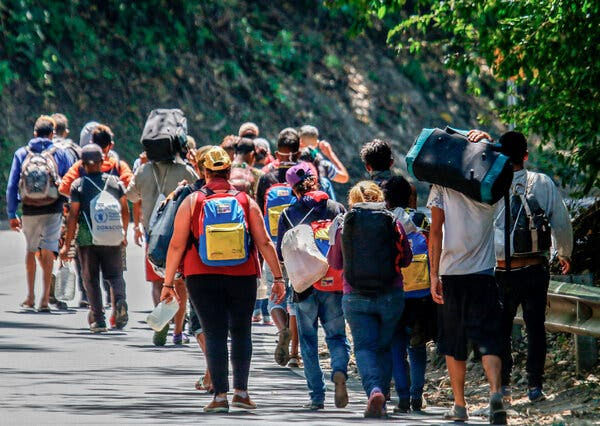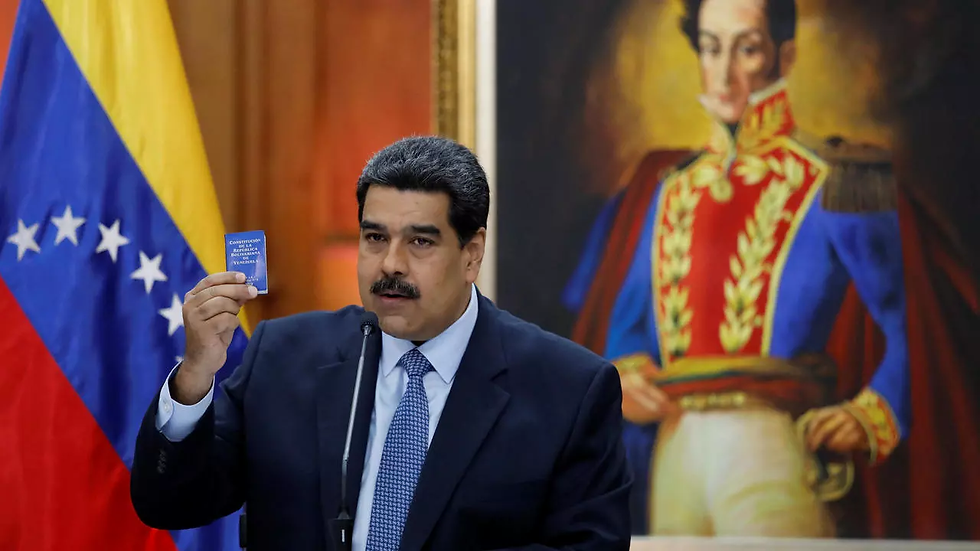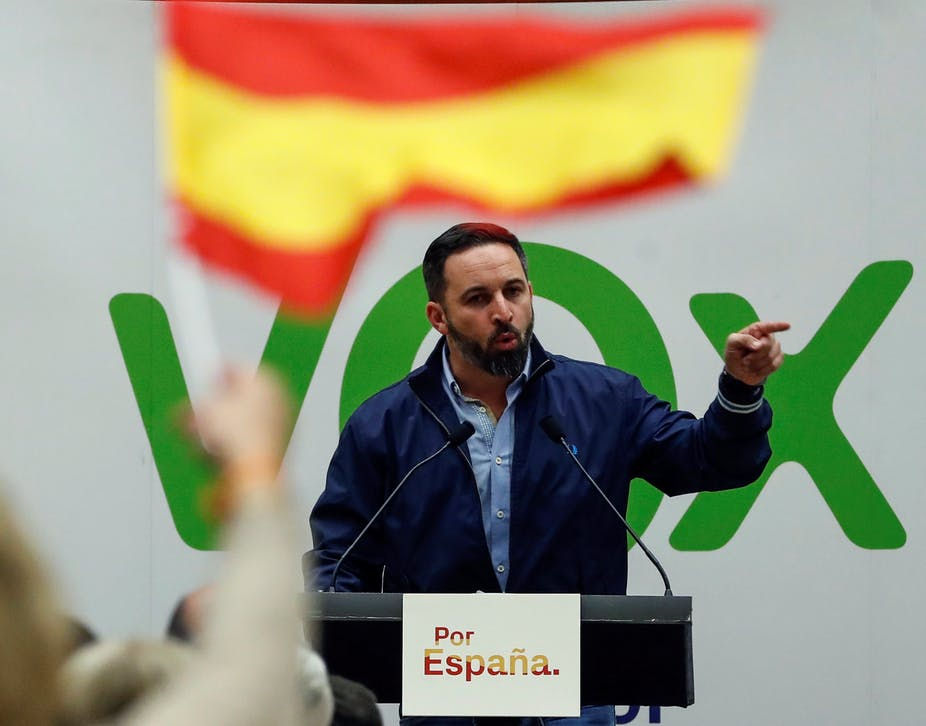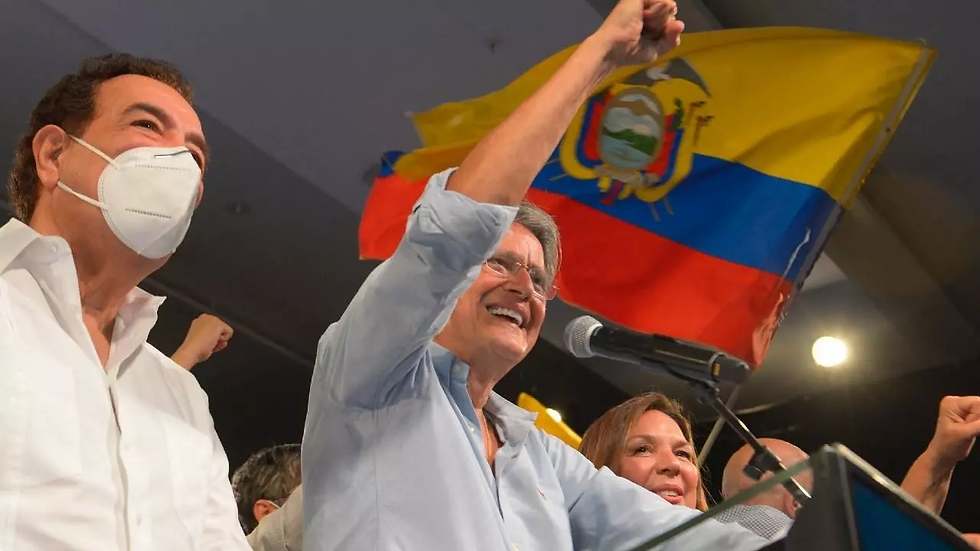The Quito Process and Venezuelan Migration Today
- Carlos Mosquera

- Jun 21, 2021
- 5 min read

Last Thursday, June 17, the International Donors Conference in Solidarity with Venezuelan Refugees and Migrants was held virtually, organized by Canada, in which more than 1.5 billion dollars in grants and loans were pledged to help migrants from Venezuela fleeing the worst economic crisis the country has ever had and which has created a humanitarian crisis affecting the entire Latin American region. This is why several heads of state, the most important being those closest to Venezuela, such as Ivan Duque (Colombia), Guillermo Lasso (Ecuador), or Francisco Sagasti (Peru) have attended. In addition to representatives from all over the region, such as Panama, Guyana, Brazil, Chile, Argentina, etc. Even the Secretary General of the United Nations, Antonio Guterres, was present and mentioned that Venezuelan migrants should be included in all vaccination efforts to mitigate the impact of the pandemic. However, Caracas lashed out against the initiative of more than 30 countries, calling it a "media farce".
According to Karina Gould, Canadian Minister of International Development who hosted the conference, the COVID 19 pandemic has overshadowed the humanitarian crisis. She also mentioned that the flow is enormous and revealed that last year, together with the European Union, they raised more than 2.5 billion Euros. The most significant presence of this meeting was that of the United States which announced almost 400 million dollars to alleviate the situation and, through videoconference, with some criticism to the regime of Nicolás Maduro, called the countries to a dialogue exit that would allow the reestablishment of democracy.
It is estimated according to UNHCR, that since 2015, there are more than 5.6 million citizens who have been forced to leave their country and this is why this conference has been created and the support of the Quito Process has been underlined, what do we mean by this?
The Quito Process is a declaration which was signed in 2018 with the participation of 11 Latin American countries in which the signatories are committed to facilitate the movement of Venezuelan refugees and migrants and urges Caracas to take measures for the provision of identity and travel documents for its nationals. With the passing of time, different conventions have been held in which the focus has been on the regularization of the migratory situation of Venezuelan nationals in the region, regional cooperation with Venezuela and especially international cooperation. They have also emphasized that they are seeking technical and financial cooperation to implement this plan. Finally, they have mentioned their concern for strengthening the protection of the rights of children and adolescents, working towards family reunification and strengthening CONARE, which is the National Commission for Refugees of each member country.
Thanks to this plan, the Road Map of the Buenos Aires Chapter has been approved, with many innovations, including a regional mobility card, reception and assistance centers for migrants and refugees, as well as the organization of a regional workshop on human trafficking. Currently the presidency of this council is held by Peru. The member countries are: Argentina, Brazil, Chile, Colombia, Costa Rica, Ecuador, Mexico, Panama, Paraguay, Peru and Uruguay. It is worth mentioning that the friendly countries of this conference are member countries of the European Union or the United States.
The UNHCR and the UN highlight the strengthening of the Quito Process in response to the current refugee crisis. They mention that it has become a reference for regional coordination and has strengthened the response despite the complex framework presented by the pandemic.
All these proposals and actions taken by the Quito Process are gradually being reflected in the governments of each member country. For example, Ecuador announced the implementation of a new process to regularize Venezuelan citizens residing in the country, which should be complemented with economic integration strategies for the Ecuadorian labor market. Ecuador announced that it needed external funds to continue attending to Venezuelan migrants who are expected to arrive in the country by the end of this year, and thanks to the conference, part of these funds will go to the country.
In another aspect, Ivan Duque, president of Colombia, has mentioned that any help will be in vain if the Maduro government is not overthrown. This country has maintained a policy of welcoming and migratory flexibility amidst enormous fiscal efforts. When it was the turn of the receiving countries to speak at the conference, Duque announced as part of that regularization effort a first delivery of cards with biometric recognition for December and proposed to reach the goal of 100% of registered migrants by August 2022. "This donor table has to be also an opportunity to highlight that this migratory challenge needs resources, disbursements and administrative agility" mentioned the president while he underlined that in the Syrian crisis more than 3000 dollars were allocated per migrant while in Venezuela, it is 300 dollars per Venezuelan.
Regarding Peru, interim president Sagasti reiterated his commitment to attend to more than one million Venezuelans in his territory. However, this country has currently received a focus of concern since Pedro Castillo, the future new president, has said in his campaign that immigrants who commit crimes should be expelled from the country within 72 hours, a speech that could give indexes of xenophobia.
How did the Venezuelan government react to all this?

As mentioned before, Maduro branded this conference as a media farce and informed that Venezuelan society is today watching with indignation the development of a new edition of this farce on its behalf, without knowing the destination of the substantial funds announced. He also denounced that the authorities of Spain, Canada, the EU and UN agencies, under the strict script of Washington, exhibit a cynical reading of the situation of migrants of Venezuelan origin.
According to the Venezuelan government, the conference and the Quito Process omit both the causes linked to the imposition of a criminal blockade through illegal sanctions, as well as the situations of discrimination and exploitation to which Venezuelan citizens are subjected in many countries of the continent.
Venezuela is currently undergoing a process of stagflation (characterized by economic stagnation while unemployment and hyperinflation persist), which is compounded by a major problem of deinstitutionalization, which, far from being caused by foreign policies, has been the result of a set of government measures that have negatively impacted the productivity of the economy, distorting the role of the State through its exacerbated expansion and has severely limited the private sector through expropriations and excessive controls.
UNHCR is currently seeking to address the most pressing resilience and integration needs of 3.3 million of the approximately 5.6 million Venezuelans who have fled abroad in the last six years. The data on Venezuelan refugees and migrants is stark: more than half do not have enough to eat, 80 to 90 percent have lost their source of income, and one in four children are separated from their families during the journey. There seems to be no end to the exodus from Venezuela, so there is a possibility that it could become a forgotten crisis.



Comments